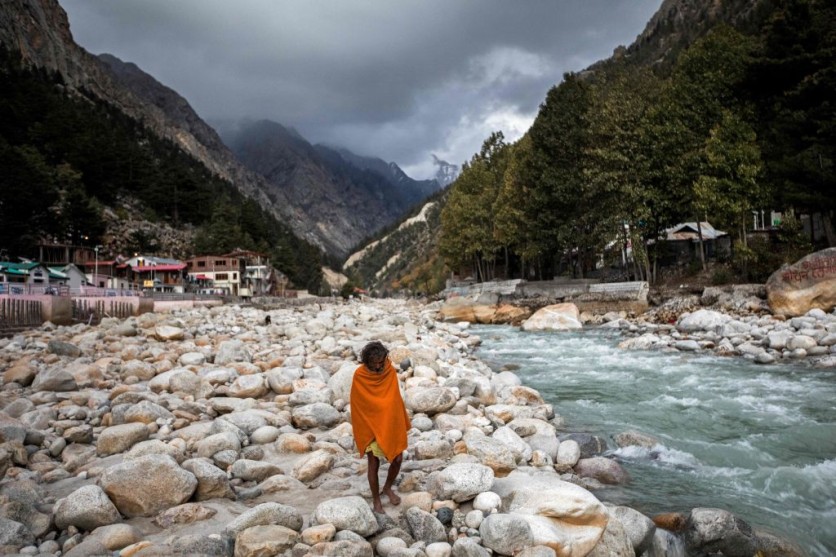Indian and Japanese scientists discover ancient ocean water in Himalayan mineral deposits dating back 600 million years, providing key insights into Earth's oceanic evolution and the potential origins of life.

Unearthing Ancient Ocean Water in Himalayan Mineral Deposits
Researchers from the prestigious Indian Institute of Science (IISc) and Niigata University have made a groundbreaking discovery in the Himalayas after finding small water droplets confined within mineral deposits that bear evidence of an ancient ocean existing approximately 600 million years ago.
According to Interesting Engineering, the 600-million-year-old ocean water preserved in the Himalayas holds the potential to unravel crucial insights into the historical evolution of Earth's oceans and could even shed light on the development of life on our planet.
Scientists have compelling evidence suggesting that approximately 700 to 500 million years ago, our planet experienced a momentous glacial event known as the Snowball Earth glaciation.
The remarkable preservation of magnesite in the Himalayan region suggests a prolonged interruption of impurities like calcium in the Deoban Basin, likely caused by river freezing over an extended period.
This research was led by Prakash Chandra Arya, a Ph.D. student at the Centre for Earth Sciences (CEaS), IISc. Along with the researchers, they have stumbled upon a time capsule for paleo oceans, presenting a unique opportunity to unravel the mysteries of Earth's ancient waters.
Through rigorous laboratory analysis, the team successfully verified that the deposits originated from the precipitation of ancient ocean water. Importantly, they were able to rule out other potential sources, such as the Earth's interior, including submarine volcanic activity.
With little knowledge about past oceans, the team is eager to understand how they differed from or resembled present-day oceans in terms of acidity, nutrient levels, temperature, and chemical and isotopic composition.
These insights hold the potential to shed light on the history of our planet's oceans and Earth's past climate, making them invaluable for climate modeling efforts.
Snowball Earth Glaciation
The Snowball Earth glaciation, a significant event in Earth's history, was succeeded by the Second Great Oxygenation Event. The Hindu reported that new research establishes a direct link between these two events, as scientists discovered sedimentary basins showing prolonged calcium deprivation during the glaciation.
This suggests that changing weathering, possibly due to reduced riverine input, played a role in the evolution of complex life forms during the Second Great Oxygenation Event.
The intriguing connection between these events has remained elusive for scientists due to the scarcity of well-preserved fossils and the absence of ancient oceans from Earth's history.
However, the discovery of marine rocks in the Himalayas offers a promising opportunity to shed light on these mysteries, providing potential answers to the enigmatic relationship between these crucial geological epochs, according to the research published in Science Direct.
Related Article : Seawater From The Ice Age Squeezed Out Of Ancient Rock From Maldives

ⓒ 2025 TECHTIMES.com All rights reserved. Do not reproduce without permission.




